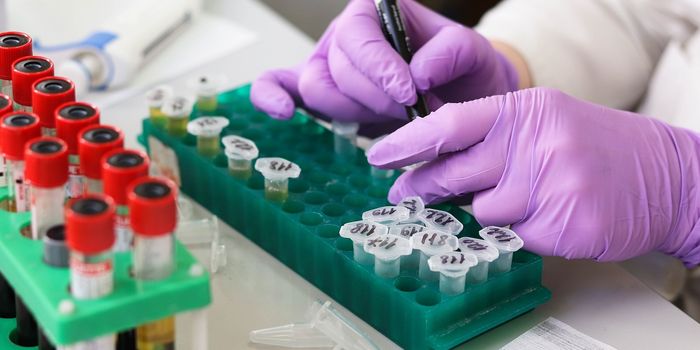New Delivery System Releases Drugs and Vaccines Over Weeks and Months
Bioengineers have designed a drug-delivery system that can release drugs or vaccines over weeks or months. The corresponding study was published in Advanced Materials.
Despite medical advances for prolonging and improving quality of life, around 50% of patients with chronic conditions fail to take their medication as prescribed. This problem leads to around 100, 000 deaths per year in the US, and up to 25% of hospitalizations in the country. Ways to increase adherence to treatment regimens are thus crucial for improving health outcomes.
In the present study, researchers designed a new drug delivery system that enables drug release over several weeks. To do so, researchers used high-resolution 3D printing and soft lithography to produce arrays of over 300 tiny, nontoxic, biodegradable cylinders that can be injected via a needle. They noted that they can tweak the cylinders to adjust their dissolve time from as little as ten days to around five weeks.
"Our motivation for this particular project actually came from the vaccine space," Kevin McHugh, Assistant Professor of Bioengineering at Rice University, one of the study’s authors, said in a press release.
"In vaccination, you often need multiple doses spread out over the course of months. That's really difficult to do in low- and middle-income countries because of health care accessibility issues. The idea was, 'What if we made particles that exhibit pulsatile release?' And we hypothesized that this core-shell structure -- where you'd have the vaccine in a pocket inside a biodegradable polymer shell -- could both produce that kind of all-or-nothing release event and provide a reliable way to set the delayed timing of the release."
Current methods of drug encapsulation often suffer from ‘first-order release'– or uneven dosing. This is problematic, as large doses may lead to toxicity, and smaller doses may be clinically ineffective. The researchers noted their system- PULSED- overcomes this problem. It can be adjusted to release even doses of drugs over time, as well as more varied doses if necessary.
While the researchers have not yet tested their technology for releasing drugs over several months, they noted that previous labs have demonstrated that capsules made from the same material- polymer called PLGA- can release drugs for as long as six months after injection.
The researchers added that their technology enables them to make and load particles with diameters of 400 - 100 microns. Their size enables particles to stay where they are injected until they dissolve, which could help deliver large or continuous doses of drugs to specific locations like cancerous tumors.
"Our microparticles will stay where you put them," said McHugh. "The idea is to make chemotherapy more effective and reduce its side effects by delivering a prolonged, concentrated dose of the drugs exactly where they're needed."
The researchers hope that their research will pave the way for long-acting drug formulations that are both cost-effective and scalable.
Sources: Advanced Materials, Science Daily









